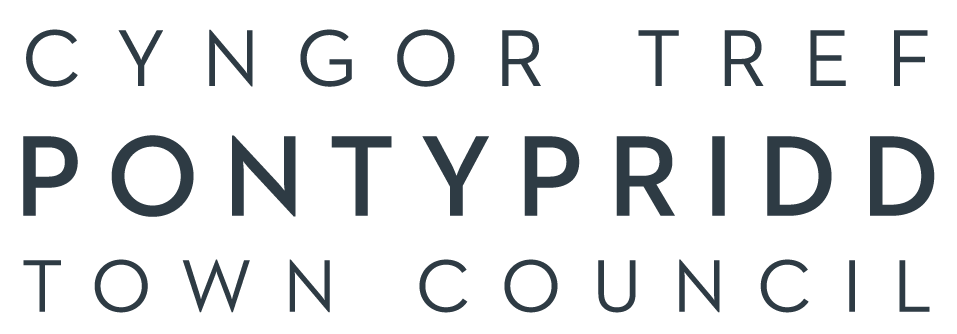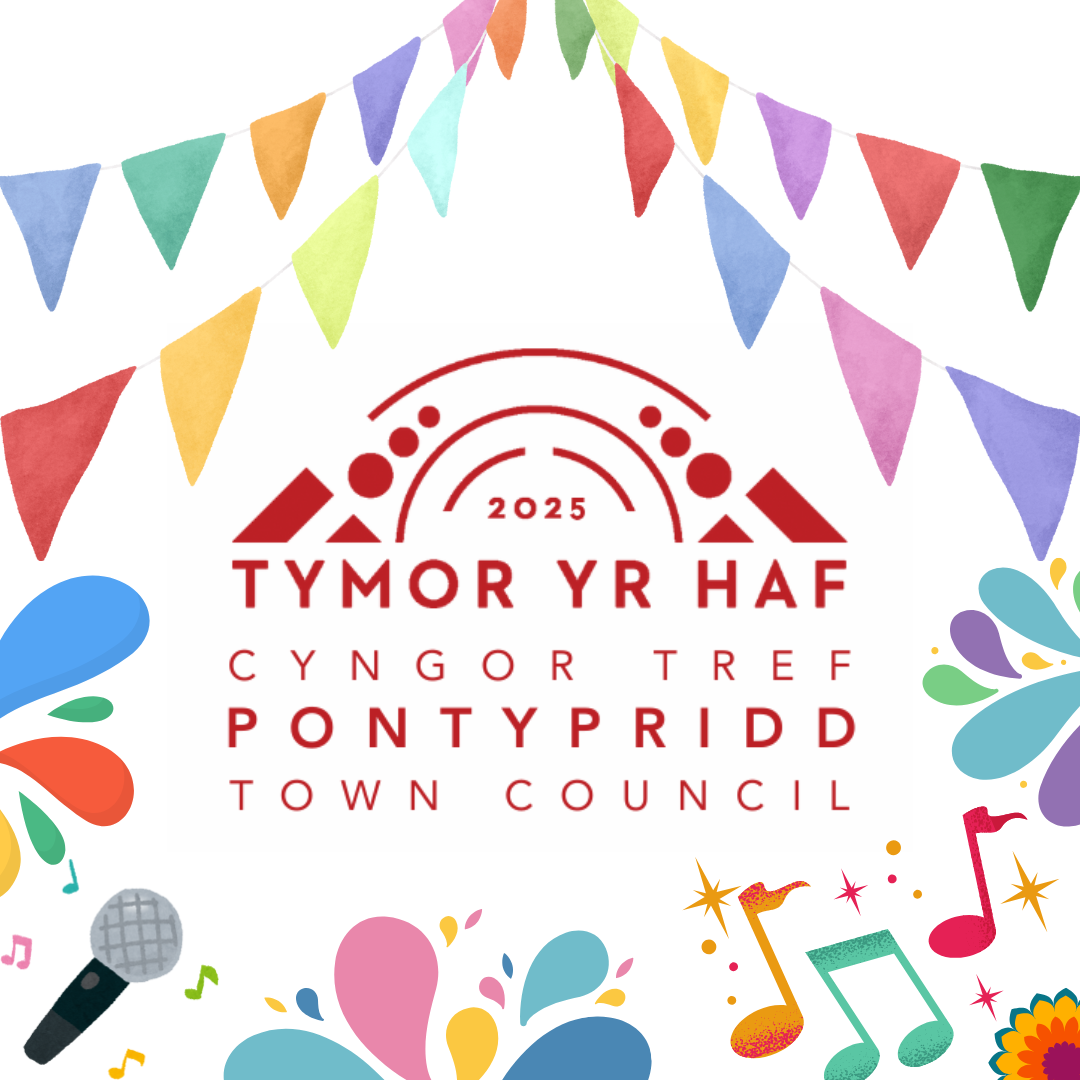In darkness, mental health organisations are a guiding light
To celebrate World Mental Health Day this 10th October, local organisations which support mental health are illuminating their buildings in green. In the dark times of a pandemic and rising mental health issues, this shines a light on the bodies that can support people. The organisations include Interlink RCT, VAMT, Wellbeing Merthyr, BAVO, Cwm Taf Morgannwg University Health Board, Bridgend County Borough Council, Rhondda Cynon Taf County Borough Council, and Merthyr Tydfil County Borough Council.
The buildings to spot lit up in green include:
· Angelton Clinic, Bridgend
· Bridgend Civic Offices as well as The Old Bridge and the walkway in front of the civic offices
· The Grand Pavilion, Porthcawl
· The Coliseum Theatre, Aberdare
· Park + Dare Theatre, Treorchy
· Pontypridd Museum
· Royal Glamorgan Hospital, Llantrisant
· Ysbyty Cwm Cynon, Mountain Ash
· Redhouse Cymru, Merthyr Tydfil
· Kier Hardie University Health Park, Aberdare
· Prince Charles Hospital, Merthyr Tydfil
Other community and voluntary groups are being encouraged to join in the day by lighting their premises in green, using green in general, or decorating their buildings with green.
While signposting mental health organisations, the activities will also reduce ongoing stigma around mental health by making it a topic of general conversation. One way to reduce the stigma is to talk about mental health with friends, family and colleagues. You could also volunteer with the local or national groups involved, and volunteering councils BAVO, Interlink RCT, and VAMT can place you with an organisation to support.
For spreading the word on social media, the hashtags to use are #worldmentalhealthday and #mentalhealth. Check these tags to find relevant people, organisations and resources. In addition, visit www.interlinkrct.org.uk to see a timetable of talks, discussions and wellbeing activities available on Zoom during World Mental Health Day.
Kathryn Rogerson-Davies of Interlink RCT said, “These are distressing times for so many people. But help is available, and a brighter future is possible if people reach out to local organisations.
In Britain, we have trouble seeking support with mental health issues, but that needs to change. It’s great to see groups coming together to begin these life-changing conversations about mental health.”
Mental health concerns are particularly pertinent in 2020. Rates of depression have almost doubled during the coronavirus pandemic, with almost one in five adults (19.2%) experiencing some form of depression. The previous year, almost one in ten (9.7%) of adults had some form of depression. Currently, the male suicide rate is at a two decade high in England and Wales.
The pandemic has also been an economic calamity. The people most likely to experience depression were groups who are often economically disadvantaged, being adults aged 16 to 39, female, unable to afford unexpected expenses, and disabled people. Indeed, the pandemic has hit society unequally. World Mental Health Day’s five calls to action take into consideration inequality in a year which has seen race rioting as well as a global pandemic.
The calls to action are to recognise and respond to racism in all its forms as a threat to health and wellbeing across the lifespan; simulate and accelerate efforts to achieve the UN’s Sustainable Development Goals targets; invest in social and behavioural interventions; ensure access to quality and affordable mental health care and primary care; and reduce disparities in mental health care.
The organisations spearheading the local events of World Mental Health Day are part of the Cwm Taf Morgannwg T4MH Third Sector Mental Health Forum. They are working in partnership to develop new and existing mental health services for locals.
If you are experiencing a mental health crisis, please call NHS Direct Wales on 0845 4647. For support with a range of mental health issues, use the directory of regional and national services www.mentalhealthsupport.co.uk. For someone to talk to at any time of the day or night, call the Samaritans on 08457 90 90 90. For C.A.L.L, a community advice and listening line, phone 0800 132 737.
Recent Posts
By Pontypridd Town Council
•
February 20, 2025
COMMUNITY AND OUTDOOR INITIATIVES OFFICER (PRIMARILY BASED AT MEADOW STREET COMMUNITY GARDEN) 34 hours per week Actual Salary: £25,058 (based on NJC SCP 11 FTE £27,269 pa) This post is funded until 31 st March 2026 after which a decision will be made on retaining the role subject to funding. Following recent staff changes, the Town Council wish to recruit an energetic Community Engagement and Outdoor Projects Officer who will work closely with the Community Development Manager and her team to implement our community engagement and outdoor project plans primarily based at our award winning Meadow Street Community Garden but also assisting at our various assets across the Town Council area. This role will be crucial in continuing the work of establishing the Town Council as a key anchor organisation within the area and ideally will develop or community engagement strategy as part of the Council’s Forward Development Plan (which is available on our website). This role will be important in continuing the development and success of the Community Garden and taking the learning from this project to other projects. The right candidate for the post will be creative, knowledgeable in this area, enthusiastic and be excited to work with us to expand and enhance our community offering and help support, grow and expand this project, dealing with community groups and the public and initiating other forward facing projects and events. If you feel you meet the requirements, then please contact us. There will be an opportunity to join the Local Government Pension Scheme. Please apply using the application form answering all questions and addressing the job description and person specification in detail. The application form should be submitted along with a covering letter and no CVs are required. The closing date for applications is 9.00am Monday 24 th March. To apply please visit: Latest Staff and Casual Vacancies For further information please email info@pontypriddtowncouncil.gov.uk or telephone: 01443 490740.
Get in Touch
Thank you for contacting us.
We will get back to you as soon as possible.
We will get back to you as soon as possible.
Oops, there was an error sending your message.
Please try again later.
Please try again later.
Telephone:
01443 490740
Office Opening Times
Monday - Friday
9.30am - 4.30pm
Saturday - Sunday
Closed
Find us
Civic Offices, 133 Berw Road, Pontypridd
CF37 2AB
QUICK NAVIGATION
© 2025
Pontypridd Town Council | All Rights Reserved





